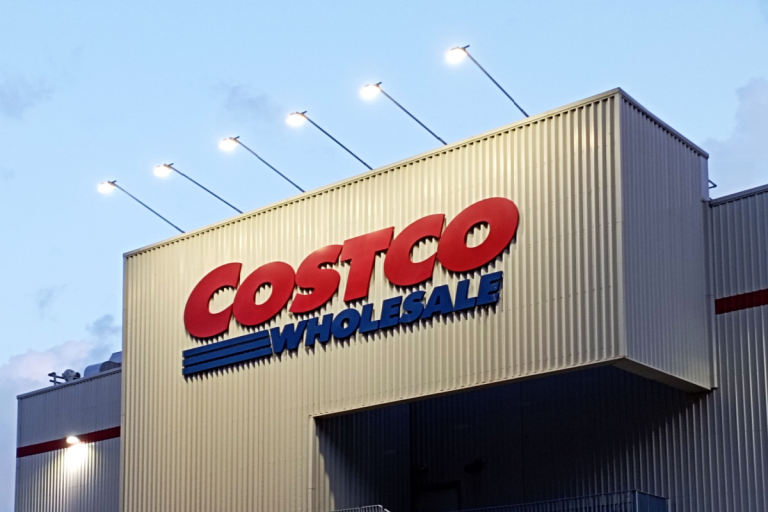Details of the Recall
Costco has issued a recall of its Dubai Style Chocolate, produced by Rolling Pin, after discovering an error in the allergen statement. According to the company’s announcement on September 4, the label incorrectly listed “gluten” as an allergen instead of “wheat.” The affected products were sold between May 1 and August 29 in select Costco stores and can be identified by item code #1932972 printed above the bar code on the package.
While gluten is indeed found in wheat, the error lies in how the allergen was presented to consumers. U.S. Food and Drug Administration (FDA) regulations require that common allergens be clearly identified, and “wheat” must be listed by name. By labeling the product as containing “gluten” rather than “wheat,” Rolling Pin and Costco risked leaving wheat-allergic consumers unaware of potential danger.
Minimal Health Risk, But Clear Action
Costco emphasized in its announcement that the recall poses minimal health risks. The product’s ingredient list includes Kunefa, a traditional Middle Eastern dessert known to contain wheat, and gluten was also listed under allergens. Nevertheless, the omission of “wheat” is considered a mislabeling issue that violates food safety labeling standards and could mislead customers who suffer from wheat allergies but are not necessarily gluten-sensitive.
The company is encouraging any households with wheat allergies that purchased Dubai Style Chocolate to stop consuming it immediately and return it to their local Costco for a full refund. For customer inquiries, Rolling Pin has set up a hotline at 833-331-2993, available during regular business hours.
Why Label Accuracy Matters
Food allergen labeling is not just a regulatory requirement but a critical safeguard for consumer health. According to the FDA, wheat is one of the nine major allergens that must always be clearly declared on food packaging. Even small labeling errors can have severe implications for people with allergies, who rely on packaging information to make safe choices.
In this case, although gluten is related to wheat, it is not a sufficient substitute in labeling because “gluten” can also be present in other grains such as barley and rye. Consumers with wheat-specific allergies might assume that the absence of “wheat” on the label means the product is safe, despite the presence of the allergen. This underscores why Costco and Rolling Pin moved quickly to issue a voluntary recall despite the low overall risk.
Industry Context and Broader Implications
This recall adds to a growing number of allergen-related recalls across the food industry. Mislabeling remains one of the most common causes of recalls in the United States. For companies, such recalls carry not only financial costs but also reputational consequences, as trust is a major factor in customer loyalty.
Rolling Pin, known for producing Middle Eastern-inspired confections, will now face scrutiny over its labeling practices. Costco, for its part, has built a reputation for strong quality control measures and rapid communication with customers. By acting swiftly, Costco aims to limit consumer harm and reassure members of its commitment to safety.
Consumer Takeaways
For customers who purchased Dubai Style Chocolate during the recall window, the safest step is to verify the item code and return the product for a refund. Those with wheat allergies should exercise caution, while other consumers face no heightened risk since wheat was already noted in the ingredient list. The incident highlights why reading both the allergen statement and full ingredient list remains an important habit for shoppers with dietary restrictions.
Costco’s announcement serves as a reminder that even trusted brands and retailers can make labeling mistakes. While this recall is considered low-risk, it reinforces the importance of clear allergen communication in protecting public health. As allergen-related recalls remain common in the food industry, consumers with sensitivities should stay vigilant, and companies must double down on compliance to prevent future mislabeling issues.


